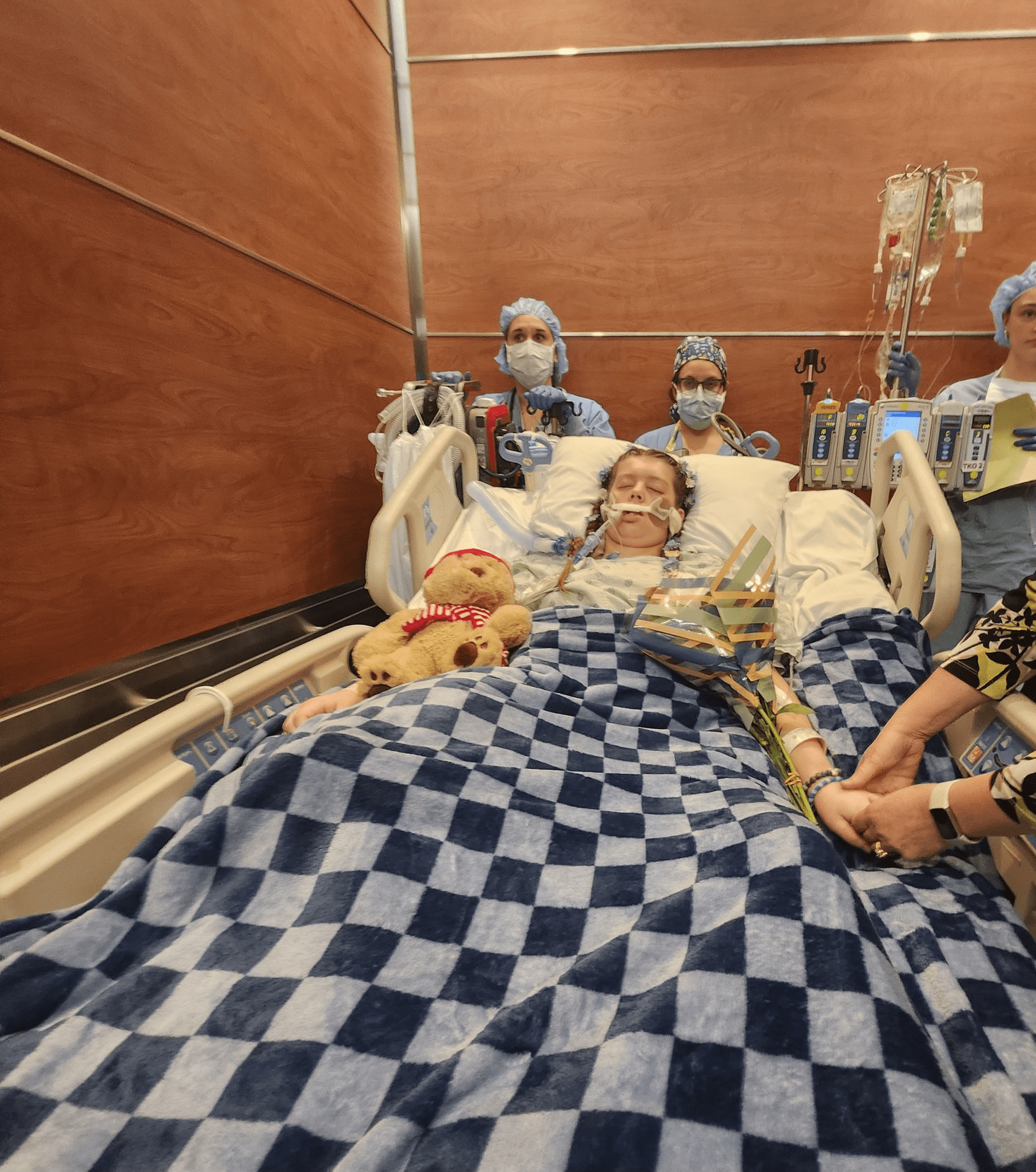Hannah Glass, a compassionate and bright 19-year-old freshman at Maranatha Baptist University, tragically lost her life to a severe allergic reaction after eating a brownie given to her by a friend. The heartbreaking incident has left her family and community in Wisconsin grieving and has reignited calls for greater food allergy awareness.
Glass, known for her diligence in managing her peanut allergy, was unaware that the homemade brownie contained roasted peanut flour, a gluten-free ingredient that proved fatal. The incident occurred on November 5, just two days after she celebrated her 19th birthday.
A Hidden Danger in the Sweet Treat

The brownie, shared by a friend who had received it at a campus women’s group, was intended to accommodate gluten-free dietary needs. However, it inadvertently posed a life-threatening risk to those with severe peanut allergies.
David Glass, Hannah’s father, described her reaction as swift and aggressive. “The second bite, she knew something was wrong,” he told WISN. Despite her cautious nature, Hannah could not have known the ingredient would trigger such a catastrophic allergic reaction.
Hannah’s symptoms escalated quickly. She vomited, developed hives, and attempted to alleviate her discomfort with Benadryl. She climbed into her top bunk to rest, but the anaphylaxis worsened dramatically.
“When Hannah rolled on her side, the anaphylactic reaction hit incredibly hard,” David explained. This led to her gasping for breath and the collapse of a lung, further exacerbating her condition.
As her symptoms intensified, Hannah climbed down from her bunk but lost consciousness before her EpiPen could be administered. Her father, who had rushed to her dorm with her mother, described the scene as “incredibly helpless.”
Paramedics arrived and worked tirelessly to revive her, but Hannah’s heart had stopped for four minutes. She was rushed to Watertown Hospital and later transferred to Froedtert Hospital, where she was placed on a ventilator.
A Family’s Agonizing Vigil

Doctors fought to save Hannah, but the lack of oxygen during her cardiac arrest caused severe brain damage. Her father detailed the devastating prognosis in a Facebook post, writing that her brain was “critically and terminally damaged” due to severe swelling and multiple seizures.
“There were no conversations about quality of life—only life and death,” he wrote.
Hannah’s family stayed by her side as doctors worked to sustain her. But on November 10, 2024, just five days after the incident, Hannah passed away.
A Final Act of Generosity
Before Hannah’s passing, she was honored with an “Honor Walk,” a moving tradition in which hospital staff and loved ones line the hallways as a tribute to organ donors. About 300 people gathered to pay their respects as she was taken to the operating room for organ donation.
“It seemed like an endless walk, yet it was also going too quickly,” David said, reflecting on the emotional moment.
Hannah’s organs have already saved four lives, providing a glimmer of hope amid her family’s immense grief.

A Legacy of Awareness and Love
Hannah’s parents have since dedicated themselves to raising awareness about food allergies and the importance of vigilance. “Always be aware,” David urged. “Make sure your EpiPens are up to date.”
The Glass family also shared their mixed emotions upon receiving Hannah’s cremated remains. “It is a strange mix of emotions,” David wrote. “Having something tangible to hold on to is comforting, but it is also a painful reminder of what we have lost. Still, it is good to have her home.”
Hannah Glass’s life was cut tragically short, but her memory lives on in the lives of the four people she saved through organ donation and in the hearts of all who knew her. Her story serves as a powerful reminder of the fragility of life and the critical importance of food allergy awareness.
As the Wisconsin community mourns her loss, they also celebrate the generosity and compassion that defined Hannah’s life.
Source: allchronology.com
